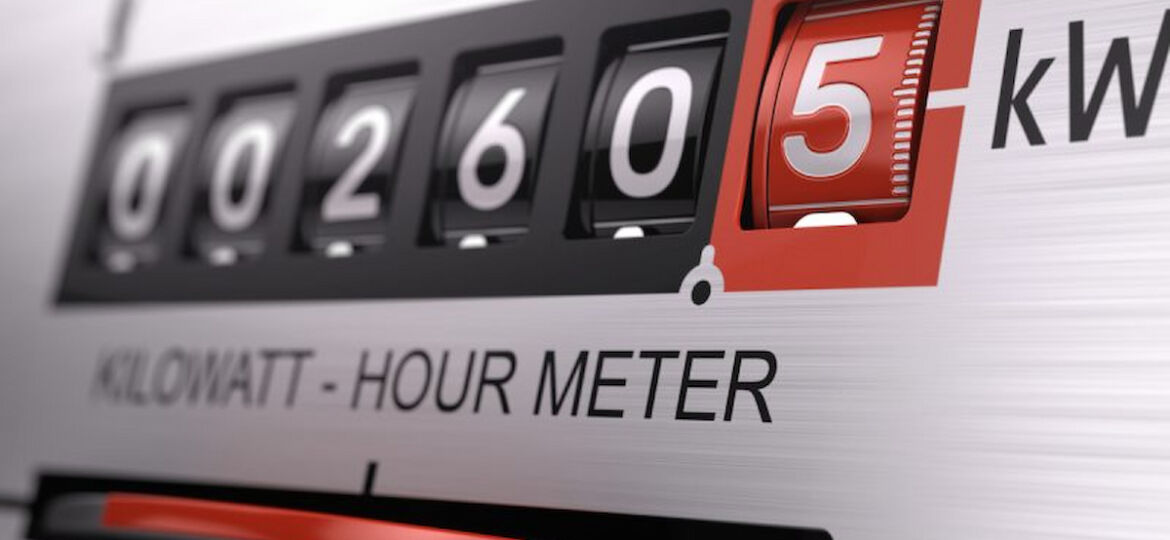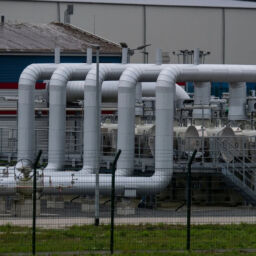
According to Marco Wünsch, an energy consultant at Prognos, lower-than-expected costs for energy mean that Germany is set to pay substantially less from its federal budget for the gas and power price subsidies than anticipated. This information was provided to n-tv. More than fifty billion euros were set aside by the government just for the purpose of subsidizing gas prices.
Due to the fact that market prices have been falling over the past few months, it is highly possible that the actual amount spent will be far less than the sum that was first intended. According to the news website, the difference between current consumer prices and the threshold that triggers the government to offer support is only a few cents higher. According to Wünsch, the typical refund that will be provided as part of the gas price support would be between 2 and 4 cents per kilowatt hour, which corresponds to a usage of approximately 240 terawatt hours. According to what he said on ntv, this would translate to expenses ranging anywhere between seven and fifteen billion euros for the duration of the price brakes’ implementation.
According to Wünsch, the fall in prices can be attributed to the fact that this winter has been unusually warm thus far. In addition, the amount of electricity that has been generated from wind turbines has recently increased by a sizeable margin, and nuclear power plants in France, many of which had been shut down during the summer and autumn months, have been brought back online much more quickly than was originally anticipated. As a direct consequence of this, less natural gas is required in Germany for the generation of electricity. The situation has improved not only on the market for electricity but also on the market for gas as a result of this.
As a response to the energy crisis, Germany rolled up a number of assistance programs for businesses and households, the breadth and scale of which have been steadily expanding over time. In September of the government’s first year in office, the government presented a “defence shield” with a total cost of 200 billion euros. This “defence shield” includes subsidies for reducing the prices of gas and electricity at an estimated cost of 83 billion euros, a measure that was approved by parliament in December.
















